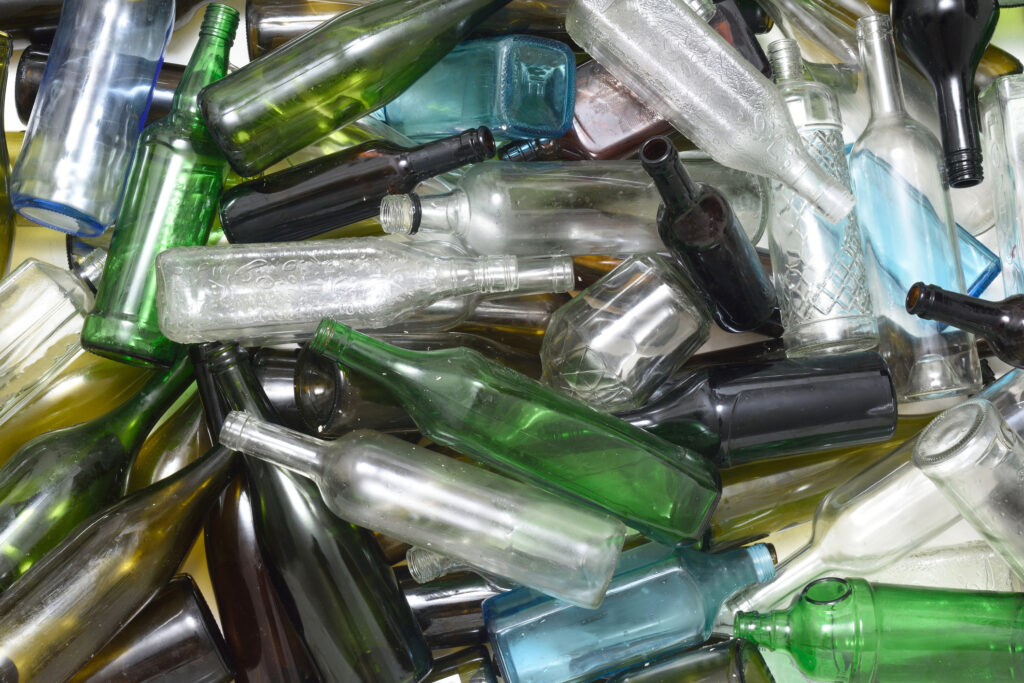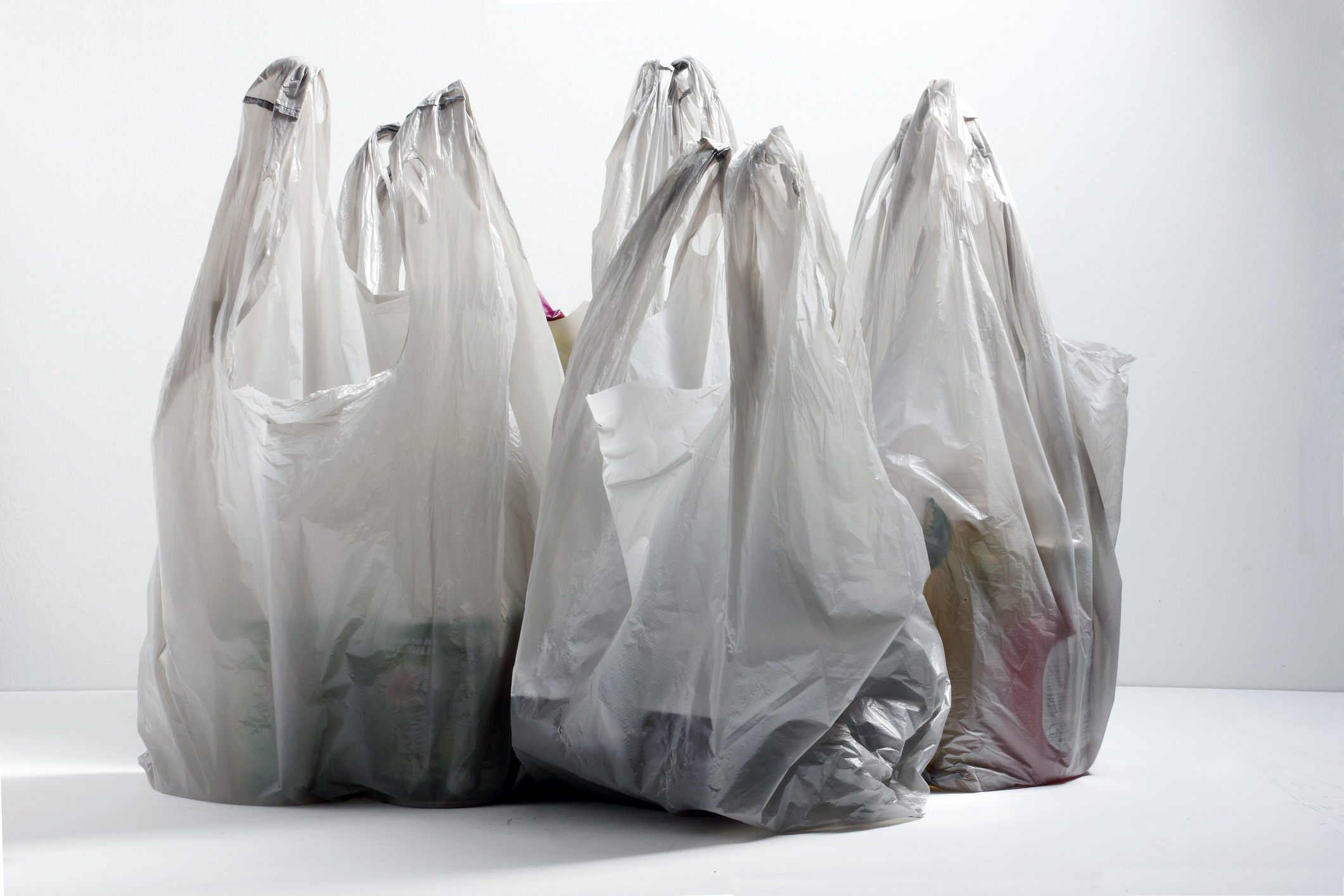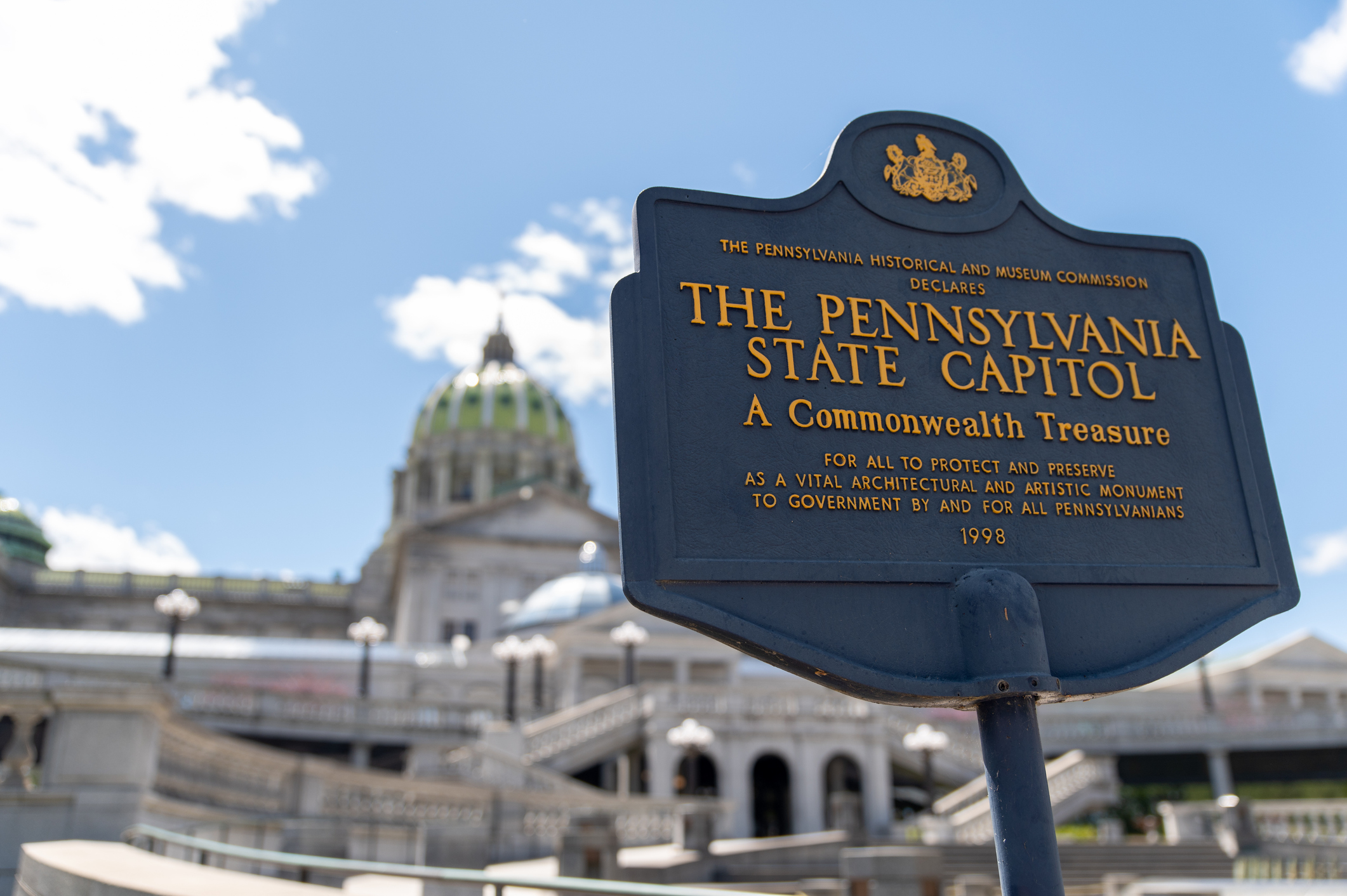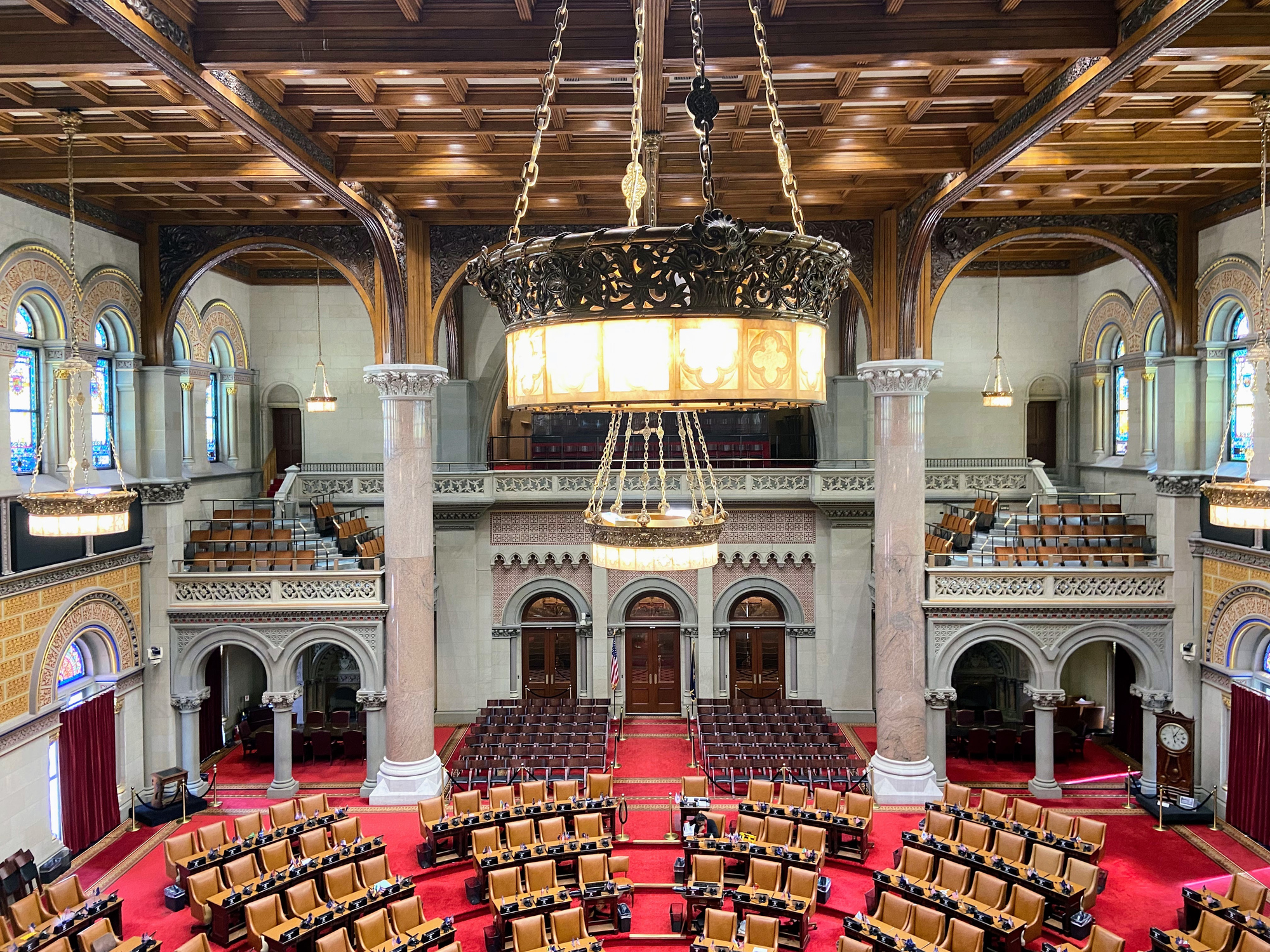
“Bottle bills”, also known as container deposit laws, impose refundable deposits on beverage containers like beer bottles and soft drink cans to promote recycling and reduce litter. Under this system, retailers purchasing beverages from distributors pay a deposit for each container; consumers, in turn, pay this deposit when buying the beverage. When consumers return the empty containers to the store, a redemption center, or a reverse vending machine, they receive a deposit refund. Retailers then recoup the deposit from the distributor and an additional handling fee to cover container management costs.
States that have enacted bottle bills report an average recycling rate between 75–85% for those items, while non-deposit states average only 30%. As plastic waste’s environmental and economic consequences grow increasingly evident, state lawmakers nationwide have introduced various proposals to establish new bottle laws or extend existing ones.
Michigan Legislation Seeks to Expand Bottle Deposit Law
In July 2023, Michigan lawmakers introduced two bills to expand the state’s bottle deposit law. The proposals, Senate Bill 453 and House Bill 4904, would extend the existing 10-cent deposit on carbonated beverage bottles to all non-carbonated beverage bottles, excluding milk containers. The bills would also allow consumers to redeem containers at any retailer, eliminating the restriction limiting returns to the original purchase location. The proposed legislation would allocate unredeemed deposit funds to recycling initiatives, municipalities achieving a 45% recycling rate, community pollution prevention efforts, and the reimbursement of distributors and dealers on a per-bottle basis.
Massachusetts Proposals Aim to Double 5-Cent Bottle Deposit
Two proposals seeking to expand Massachusetts’ bottle deposit law were recently introduced to the House and Senate. H.3676, sponsored by Rep. Michelle Ciccolo (D-15), and S.2104, sponsored by Sen. Cynthia Creem (D-01), would double the 5-cent deposit currently imposed on cans and bottles. Both bill versions would extend the bottle deposit law to include containers for wine, hard cider, water, sports drinks, and other beverages. They would require all retail stores to accept the returned bottles, excluding stores less than 2,000 square feet. Under H.3676, the deposit would increase every three years to match inflation if the state fails to meet its redemption target, and the handling fee paid to retailers and redemption centers would be reviewed every two years. Under S.2104, the deposit and handling fee would require state review every three years.
Washington Bottle Bill Introduced to Modernize Recycling System
The 2023 legislative session saw lawmakers in Washington consider a bottle deposit program imposing a 10-cent deposit on beverage containers. The bottle deposit program was just one part of a broader bill called the Washington Recycling and Packaging Act (WRAP Act), a proposal spearheaded by Rep. Liz Berry (D-36) and Sen. Christine Rolfes (D-23) that aimed to reduce packaging waste and increase recycling rates across various consumer products. The WRAP Act failed to reach the House floor before a legislative deadline and died in committee.
Vermont Bill Aims to Revamp Bottle Deposit System
H.158, a proposal seeking to expand Vermont’s existing bottle deposit system, passed both the House and Senate but was vetoed by Gov. Phil Scott in late June 2023. H. 158 would include all liquid beverages intended for human consumption, excluding milk, dairy products, plant-based beverages, infant formula, meal replacement drinks, and nonalcoholic cider, in the deposit program. It would also assign a 15-cent deposit to wine bottles and maintain the 15-cent deposit for liquor bottles greater than 50 milliliters. Under H. 158, beverage container manufacturers would be required to participate in producer responsibility organizations to ensure convenient opportunities for consumers to redeem containers. Additionally, the bill would increase the reimbursement amount for container sorting at redemption centers from 4 cents to 5 cents per container to support struggling centers.
In a letter to lawmakers, Governor Scott stated, “expanding the labor-intensive 1970s-era bottle deposit system would move us backwards, and we should instead focus on investing in and improving zero-sort (or blue bin) recycling.”
Latest News
Photo credit: iStock.com/sunstock As concerns over plastic pollution continue to grow, state legislatures across the country are revisiting and expanding policies aimed at reducing single-use plastic waste. Plastic bags, widely used for retail checkout, have [...]
Photo credit: iStock.com/Niiaz Sabirov In 2025, several U.S. states have introduced legislation to prohibit geoengineering, defined as intentional large-scale interventions in Earth’s atmosphere or climate systems, such as cloud seeding or solar radiation modification. These [...]
Photo credit: iStock.com/Hamburg Studios As Pennsylvania continues to navigate an evolving energy landscape, state leaders are proposing new approaches to ensure reliability, affordability, and sustainability. Governor Josh Shapiro recently announced his “Lightning Plan”, a six-part [...]
Photo credit: iStock.com/Ray Tan As the impacts of climate change intensify, several U.S. states are taking legislative steps to address the mounting costs of adaptation and resilience. New York, New Jersey, and Vermont have recently [...]






Stay In Touch